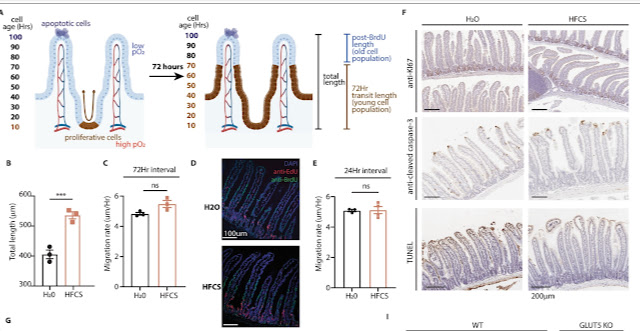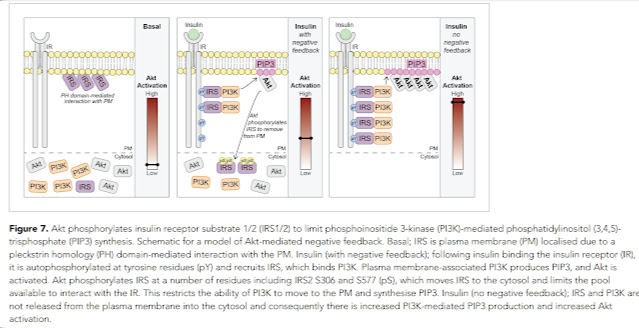Sugar prolongs the life of cells in the digestive tract, but it's probably not good !

Whenever I add hypoxia to a search engine request for some metabolic connections, the search engine always comes up with something interesting. As an example, this is the result of a search for a link between oxygen deficiency and sugar and fructose metabolism. Sugar or sucrose, a disaccharide composed of glucose and fructose, has interesting effects on the lifespan of cells lining the digestive system. I have discussed fructose and its effects here and here . Today, we'll look at an interesting study in mice that shows how fructose affects cell survival in relative oxygen deprivation, i.e. hypoxia. But presumably this is also true elsewhere in the body during pseudo-hypoxia caused by, for example, the auto-oxidation aldehyde products of polyunsaturated fats, i.e. MDA, 4-HNE or 9-ONA. We'll see that fructose is definitely involved as well. This also applies to high-fructose corn syrup (HFCS). This should have essentially the same properties as sugar, but there is information...
